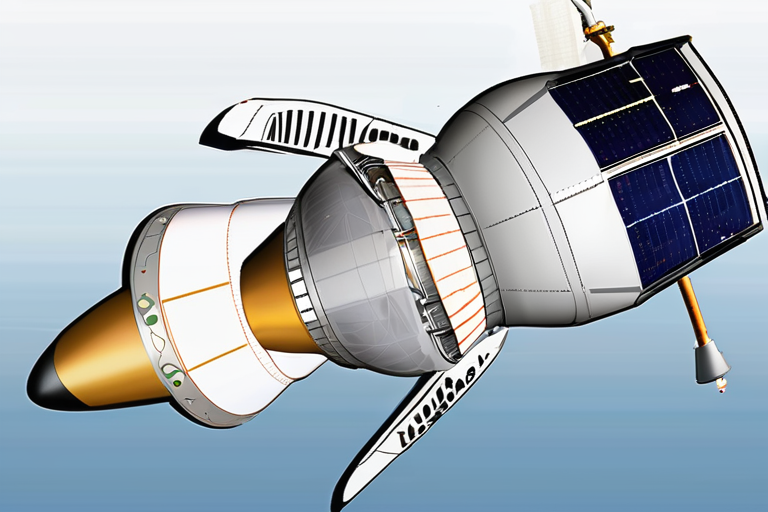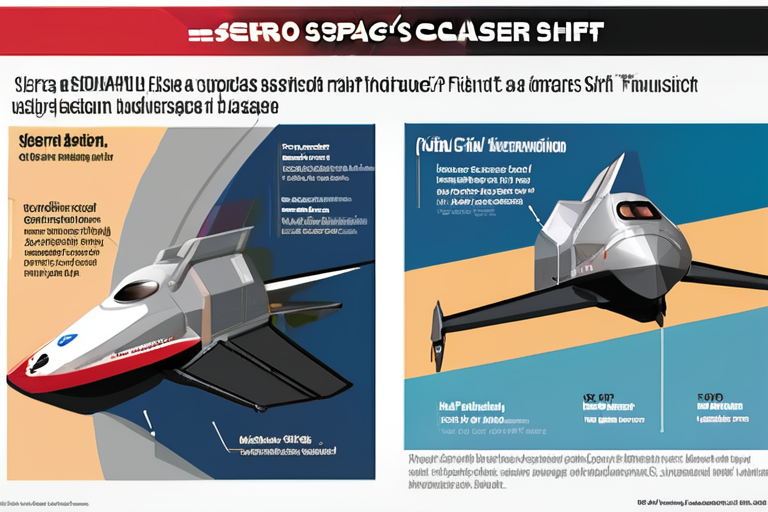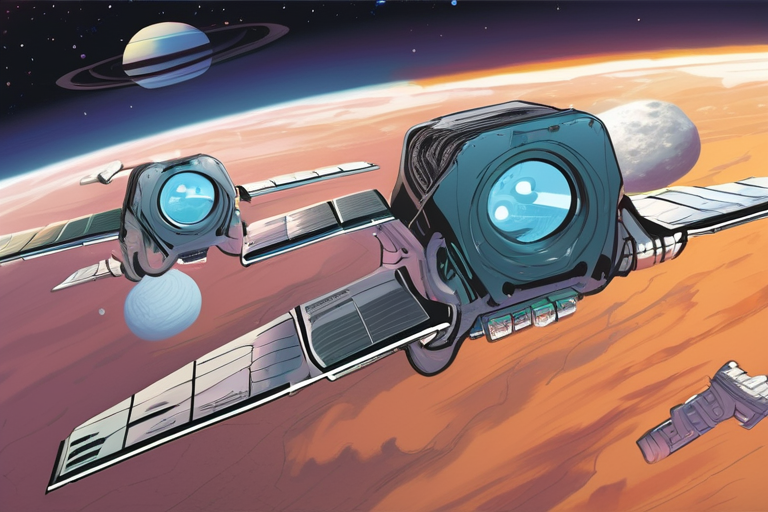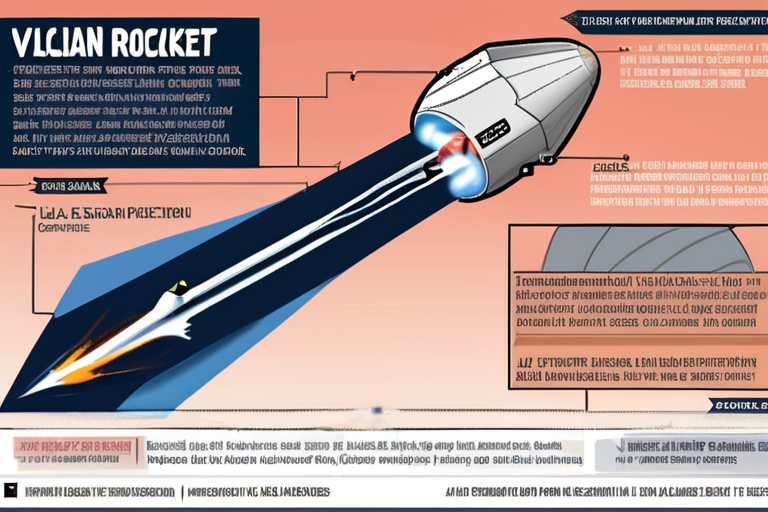NASA and Lockheed Diversify Orion Launch Options, Breaking from SLS Tradition


Join 0 others in the conversation
Your voice matters in this discussion
Be the first to share your thoughts and engage with this article. Your perspective matters!
Discover articles from our community

 Hoppi
Hoppi

 Hoppi
Hoppi

 Hoppi
Hoppi

 Hoppi
Hoppi

 Hoppi
Hoppi

 Hoppi
Hoppi

Even Rogers and Max Haot Join the Space Stage at Disrupt 2025 TechCrunch's Disrupt 2025 conference brought together industry leaders …

Hoppi

Sierra Space's Dream Chaser Faces Reinvention After NASA Contract Change A significant modification to the contract between Sierra Space and …

Hoppi

TechCrunch Disrupt 2025: Space Economy Shift Takes Center Stage with Rogers and Haot Panel At TechCrunch Disrupt 2025, the space …

Hoppi

Pentagon Contract Figures Show ULA's Vulcan Rocket is Getting More Expensive The US Space Force announced this year's launch orders …

Hoppi

NASA and Lockheed Martin Consider Launching Orion on Other Rockets In a significant shift from its long-standing partnership with the …

Hoppi

Pentagon Contract Figures Show ULA's Vulcan Rocket is Getting More Expensive The US Space Force announced the winners of its …

Hoppi